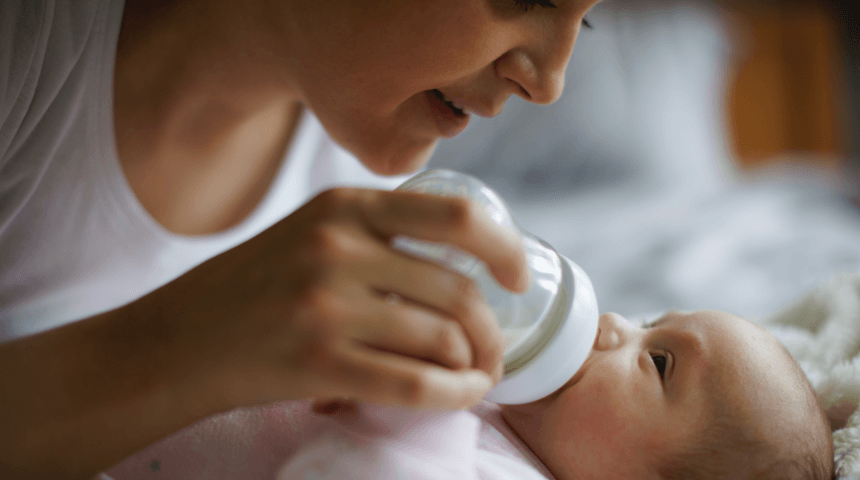Breast cancer, genital warts and menopause — what do all these health conditions have in common? If you guessed that they’re all women’s health issues, you’d be incorrect.
Men can get breast cancer, warts from HPV, and even a form of menopause called “andropause,” plus many more health conditions that we’d normally think are just for women.
Here are six health conditions commonly associated with women that affect men too:
1: Breast Cancer
Women are 100 times more likely to get breast cancer than men. Still, according to the American Cancer Society, 2,600 men will be diagnosed with the disease this year (<1 percent of all cases). Men experience the same early symptoms that may indicate cancer, including nipple soreness or pain, enlarged lymph nodes under the arm or a palpable breast lump. Breast cancer is so rare in men that the disease often is diagnosed late — an average of 19 months between the first sign of cancer and the actual diagnosis, according to one study.
2: Human Papillomavirus (HPV)
HPV is the most common sexually transmitted disease in the United States. About 79 million Americans have this disease, according to the Centers for Disease Control and Prevention (CDC). Though HPV can lead to cervical cancer, women aren’t the only ones at risk for this disease. Anyone who is sexually active, including men, can get HPV since the virus is transmitted through skin-to-skin contact. HPV also increases a man’s risk for genital cancers, so guys be aware — just because you don’t get a Pap test every two to three years doesn’t mean you aren’t at risk.
3: Andropause aka Male Menopause
Yes, men can experience ”the change.” While it’s not exactly menopause in the female sense with hot flashes, insomnia and the end of menstrual cycles, men go through hormonal changes as they get older, too. Testosterone levels decrease, which increase a man’s risk for osteoporosis and other health issues. The good news is that there’s no set age when men encounter “male menopause.” Practicing a healthy lifestyle can delay some of these hormonal changes.
4: Lupus
Women make up the overwhelming majority of patients with lupus, a chronic autoimmune disorder that affects 1.5 million Americans. Men with lupus experience the same symptoms as women with the disease, including joint pain, swelling, chest pains, dry eyes, fatigue and rashes. Because 90 percent of those who have lupus are women, men may not think to get tested for this disease, often getting diagnosed later. If anyone tells you lupus does not occur in men or that its symptoms and flare-ups differ according to gender, they’re mistaken. Though every patient is different, there are no known obvious gender-specific differences in this disease.
5: Osteoporosis
One in five men will get osteoporosis in his lifetime. While women get this disease more than men due to changes in estrogen levels, age can play a critical role in when a man gets osteoporosis. Men over 50 have an increased risk for osteoporosis. When men reach their mid-60s and 70s, they also lose bone mass at the same rate as women, which increases their risk of bone fractures. Men also tend to be older when they get osteoporosis, so the consequences of a bone fracture could be more severe and lead to the loss of mobility.
6: Eating Disorders
Contrary to conventional thinking, eating disorders aren’t solely a female disease. According to the National Eating Disorders Association, 3 million men suffer from binge-eating disorders and they make up 10 percent of eating disorder patients. Men with anorexia often have lower levels of testosterone and vitamin D as well. Unfortunately, men often face more stigma if they have an eating disorder because these diseases typically occur in women — about 90 percent of those with eating disorders are women. However, it’s important to understand that men experience body image issues as well, and in some cases they may go to extreme and unhealthy lengths to attain a certain ideal.
Though some diseases are specifically female (like cervical cancer) or male (testicular cancer, for example), many diseases that we commonly think of as female-centric also affect men. This isn’t just about gender parity when it comes to health, but about making men aware that they shouldn’t ignore symptoms or dismiss them outright as signs of a disease they could never have.
In this case, ignorance isn’t bliss — it could jeopardize your health. So pay attention to what your body is telling you and see a doctor if you feel something just isn’t right.
Choose to Stay in Touch
Sign up to receive the latest health news and trends, wellness & prevention tips, and much more from Orlando Health.
Sign Up






